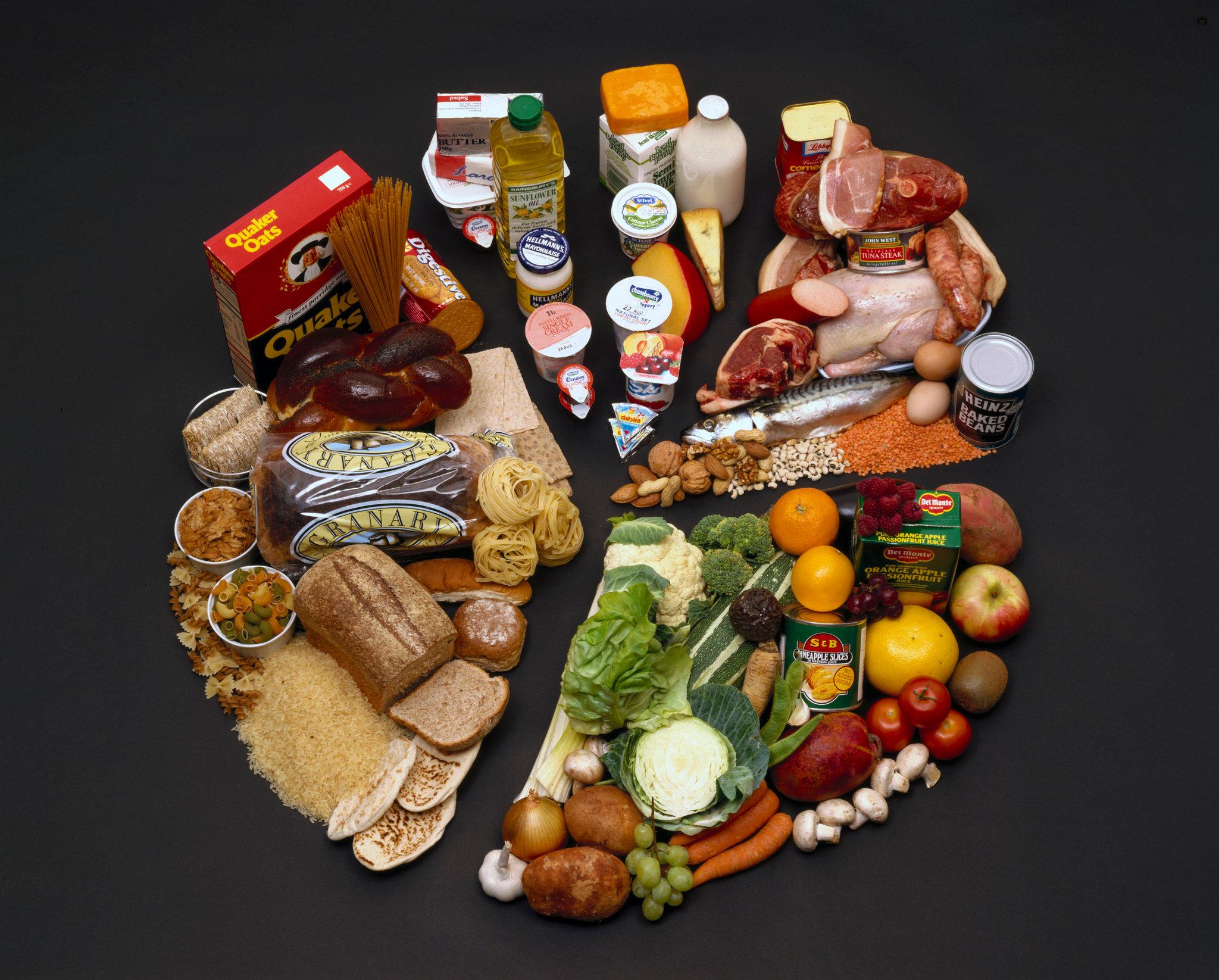Training is limited by your ability to recover. Key to this ability to recover is post-exercise nutrition. In 2015, Daniel R. Moore, PhD wrote an excellent article for the American College of Sports Medicine discussing carbohydrate and protein replacement strategies to optimize post-endurance exercise recovery.[1]
Key take-aways from this article were:
- The goals of post-exercise nutrition are three-fold: 1) to replace depleted glycogen stores in the muscles and liver, 2) to suppress muscle protein breakdown (MPB), and 3) to support muscle protein synthesis (MPS).
- If a second exercise session is to follow the current session in less than 8 hours, the timing of post-exercise nutrition is critical and it should occur immediately upon the completion of the first exercise session.
- The make-up of the above-mentioned post-exercise nutrition should include both carbohydrates and protein, specifically 0.75 – 1.2 grams / kilogram of body weight (g/kg) of carbohydrates and 0.25 g/kg of protein. Moore’s research also suggests the carbohydrates be high glycemic index carbohydrates from multiple sources and high-quality, leucine-enriched protein (e.g., whey).
- If the next exercise session occurs greater than 8 hours after the current exercise session the timing of carbohydrate and protein replacement has been shown to be less critical in regards to glycogen replacement and MPS. (That said, Dr. Moore is still a fan of the immediate post-exercise recovery nutrition because he thinks it “gets the ball rolling” in regards to restoring glycogen stores and stimulating MPS.)
- Although the timing of the nutritional intact may be less important, the make-up is not. Moore’s research suggests the following: all meals should contain 0.25 g/kg of protein and carbohydrates in the following quantities based on exercise duration (assumes training intensity is such that the primary fuel is carbohydrates (e.g., high-intensity interval sessions, extended sessions at 65% or greater of VO2 max))
- Moderate training (1 hr / day); 5 – 7 g/kg/day
- High training (1 – 3 hrs / day); 6 – 10 g/kg/day
- Very high training (4 – 5 hrs / day); 10 – 12 g/kg/day
[1] Moore, Daniel R., PHD, Univ of Toronto, Ontario, Canada. Nutrition to Support Recovery from Endurance Exercise: Optimal Carbohydrate and Protein Replacement. Current Sports Medicine Reports; American College of Sports Medicine. July/August 2015; 14 / 4: 294 – 300
Cycling



